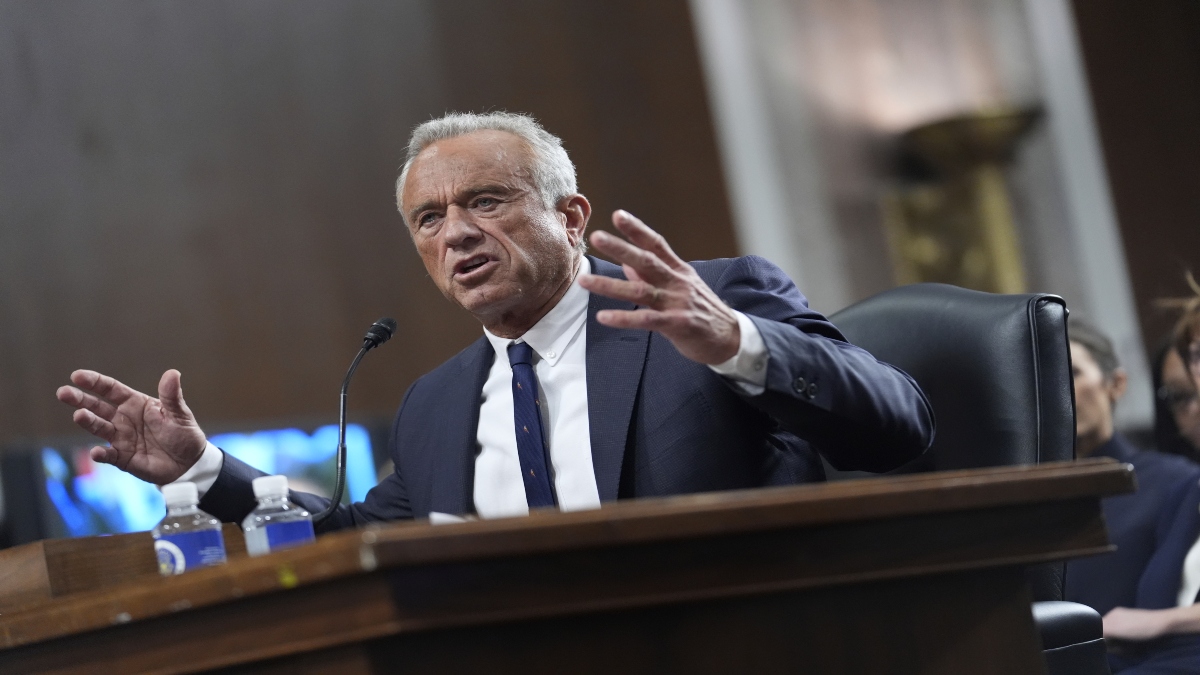Measles Outbreak: Who Shouldn't Get the Vaccine & How to Stay Safe in Australia

With a measles outbreak underway in Texas, health officials are reinforcing crucial advice about the measles vaccine (MMR). While vaccination remains the best defence against this highly contagious disease, it's not suitable for everyone. This article clarifies who should avoid the vaccine, outlines alternative protection strategies, and provides essential information to keep you and your family safe, especially given the potential for international travel and spread.
Understanding the Measles Outbreak
The recent measles outbreak in Texas highlights the continued risk posed by this preventable disease. Measles is incredibly contagious, spreading through the air when an infected person coughs or sneezes. Symptoms typically appear 7-14 days after exposure and include fever, rash, cough, runny nose, and watery eyes. Complications can be severe, including pneumonia, encephalitis (brain swelling), and even death. The ease of international travel means outbreaks can quickly spread across borders, making vigilance and appropriate preventative measures essential for Australians.
Who Shouldn't Get the MMR Vaccine?
While the MMR vaccine is generally safe and effective, certain individuals should not receive it. Health officials strongly advise against vaccination for:
- Infants under 12 months of age: Their immune systems are not yet fully developed.
- Individuals with severe allergies to vaccine components: This includes a history of anaphylaxis (a severe allergic reaction) to gelatin or neomycin.
- People with a weakened immune system: This can be due to conditions like cancer, HIV/AIDS, or certain medications like chemotherapy or immunosuppressants. Consult your doctor before vaccination.
- Pregnant women: Vaccination is recommended *after* pregnancy.
- Individuals currently unwell with a high fever: It's generally recommended to postpone vaccination until you've recovered.
Alternative Protection Strategies
For those who cannot be vaccinated, or are waiting for the appropriate time, there are alternative ways to protect yourself and your family:
- Avoid contact with sick individuals: This is the most crucial step.
- Maintain good hygiene: Frequent handwashing with soap and water is essential.
- Ensure everyone around you is vaccinated: 'Herd immunity' protects those who cannot be vaccinated. Encourage friends and family to get vaccinated.
- Wear a mask: In crowded areas, especially if there's a known measles outbreak, wearing a mask can reduce the risk of transmission.
The Importance of Vaccination
The MMR vaccine is a safe and effective way to protect yourself and your community from measles. It's typically given in two doses: the first at 12 months and the second between 4 and 6 years of age. If you're unsure about your vaccination status, consult your doctor.
Speak to your GP or visit the Department of Health website for more information: https://www.health.gov.au/
Stay Informed and Protect Yourself
The measles outbreak serves as a reminder of the importance of vaccination and preventative measures. By understanding who should avoid the vaccine and implementing alternative protection strategies, Australians can help safeguard themselves and their communities from this preventable disease.






)